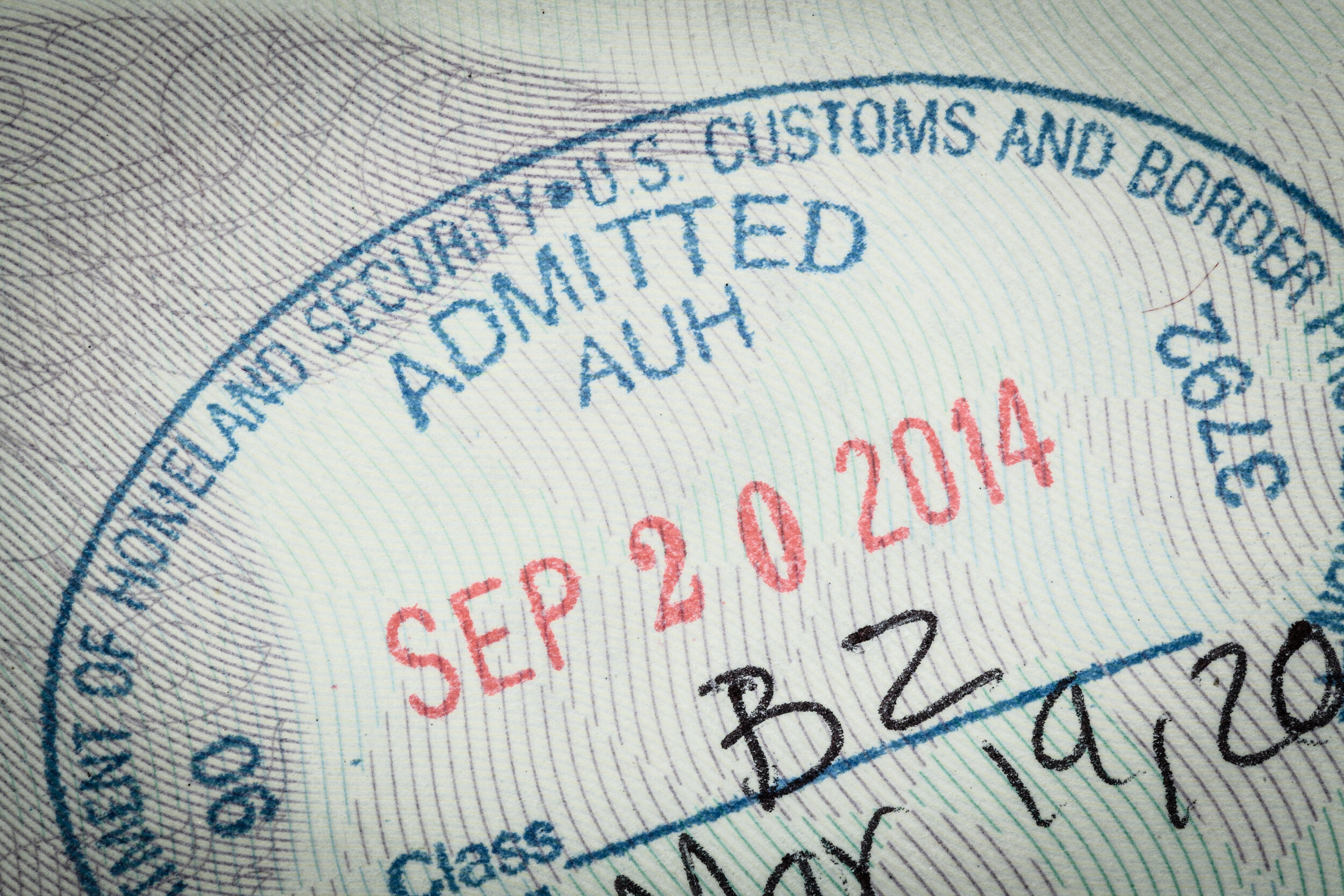
New federal rules could hurt immigrants and state economy
Ever since the proposal was first leaked, critics predicted it would have a chilling effect on legal immigrant families who are eligible for public assistance.

Aim higher for Hawaiʻi’s minimum wage
Job losses have not been linked to past raises. The EITC has not sufficiently offset poverty levels. Nearly half the population barely gets by.

Minimum wage hike bill advances, but critics say it’s still not enough
A bill to hike Hawaiʻi’s minimum wage is moving to the full house, but critics say it still falls short of what a person needs to live in the 50th state.
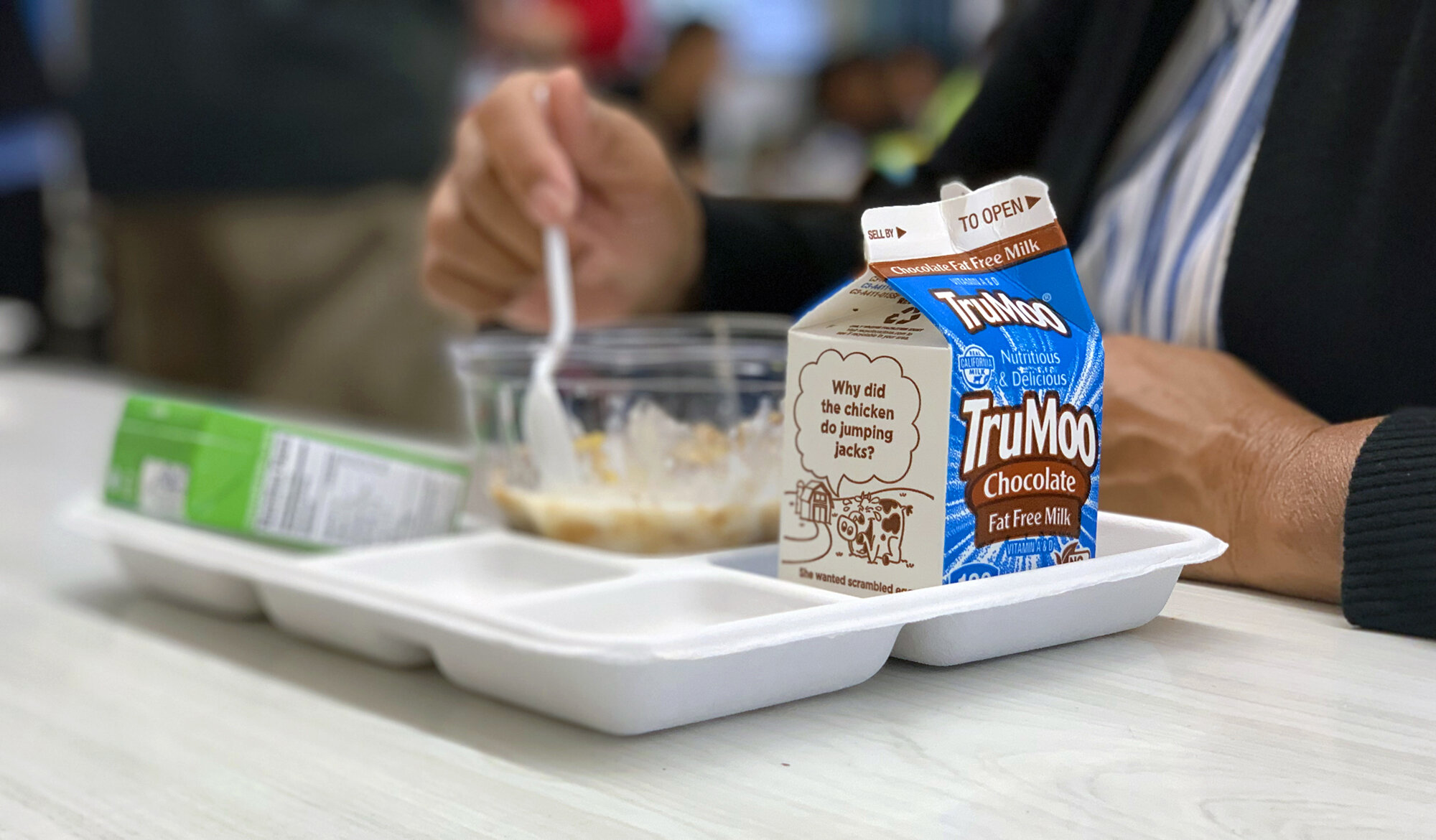
Hawaiʻi home to lowest school breakfast participation in U.S.
Fewer than 40 low-income children in Hawaiʻi ate school breakfast for every 100 that received free or reduced-price school lunch last school year.
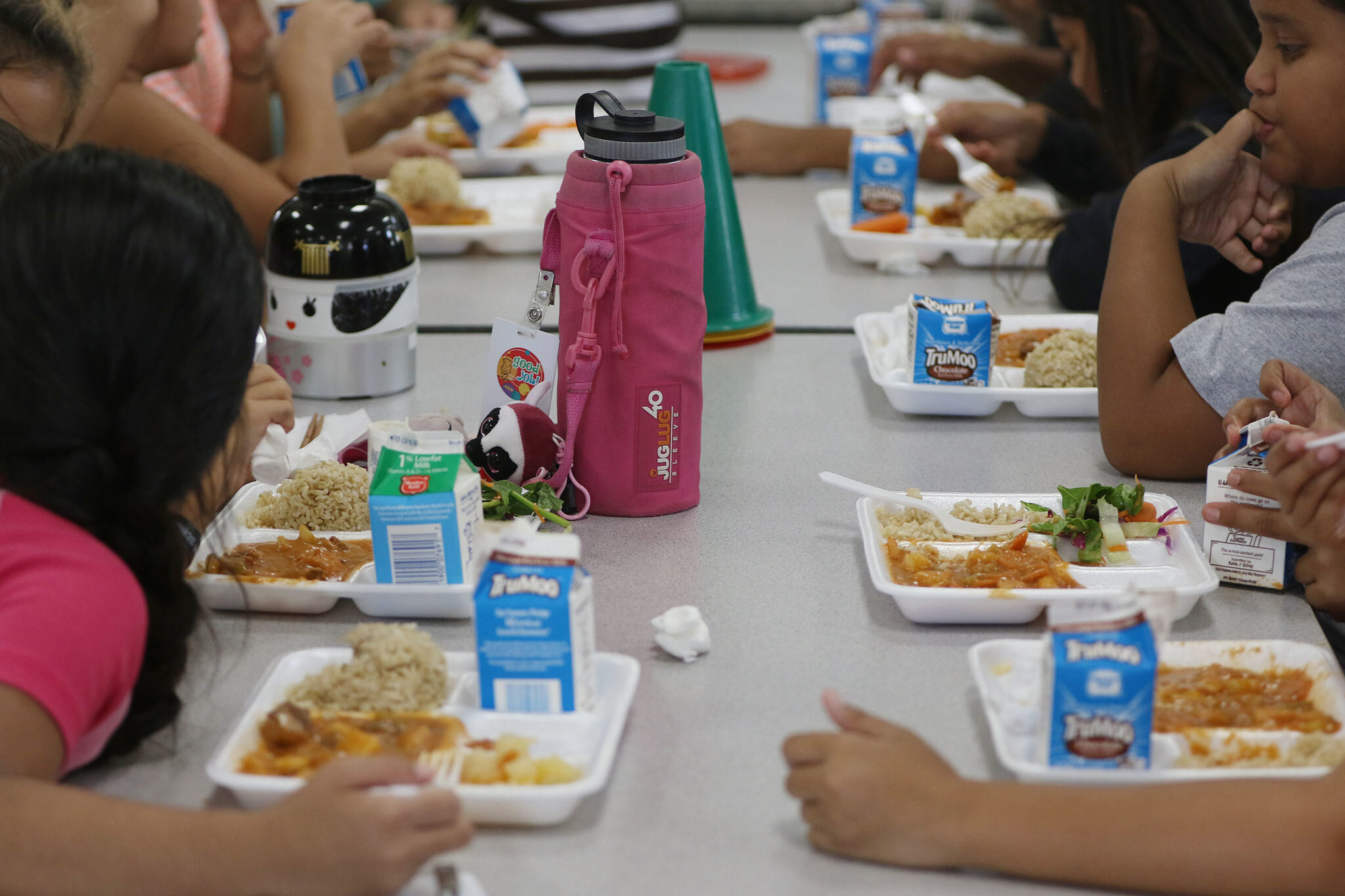
Let’s not roll back on Hawaiʻi schools’ healthy lunch strides
We need to stand up to the Trump Administration’s misguided attempts to weaken nutrition standards.
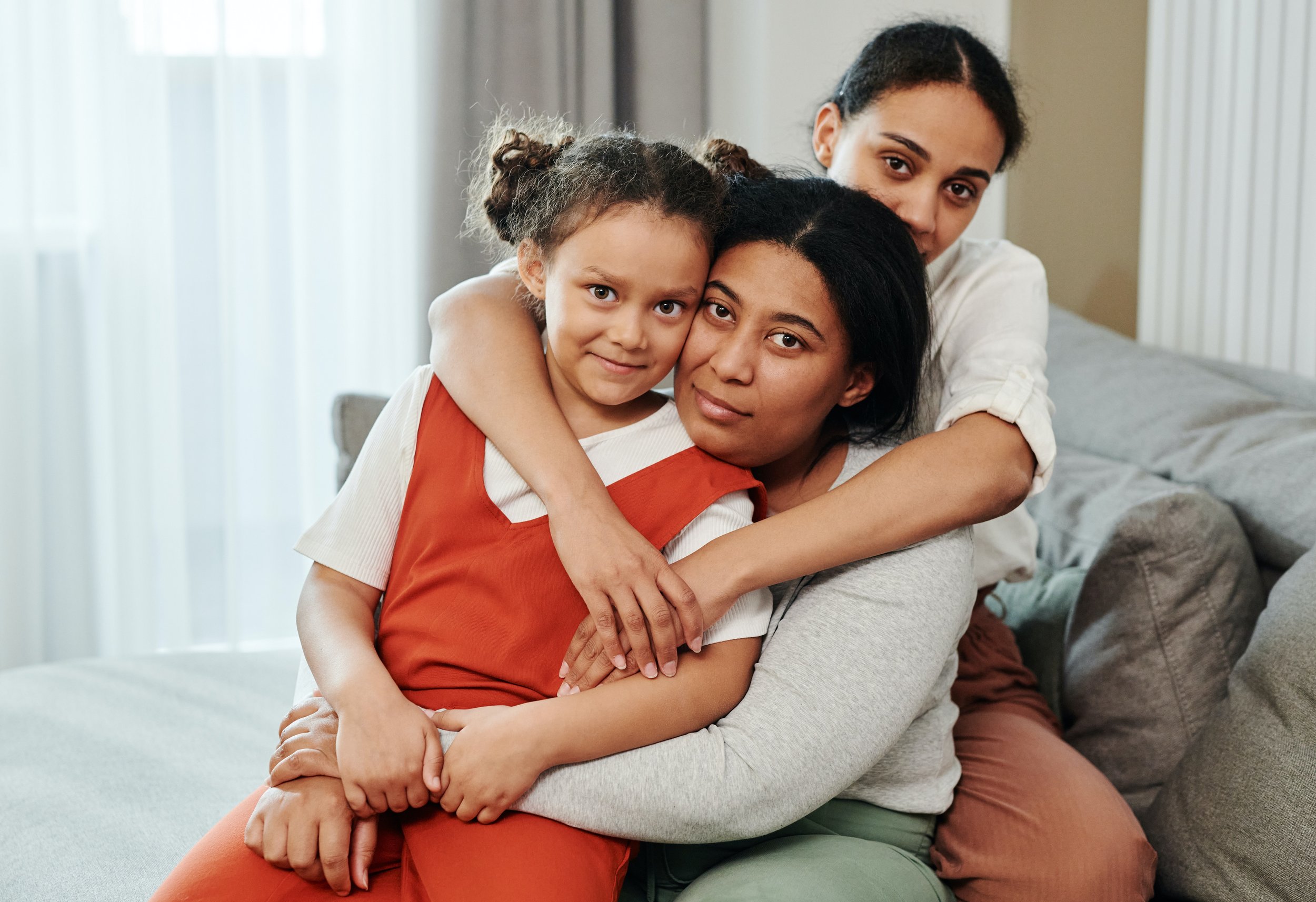
Working families need more relief
The statistics about how many of Hawaiʻi’s people struggle look worse with each passing year, so plainly the safety net needs reinforcement.

A dream deferred: A week after Martin Luther King Jr. Day, the war on the poor continues
On Monday, the U.S. Supreme Court voted 5-4 to allow the Trump Administration to enforce a rule which makes it harder for poor immigrants to be granted green cards or visas.
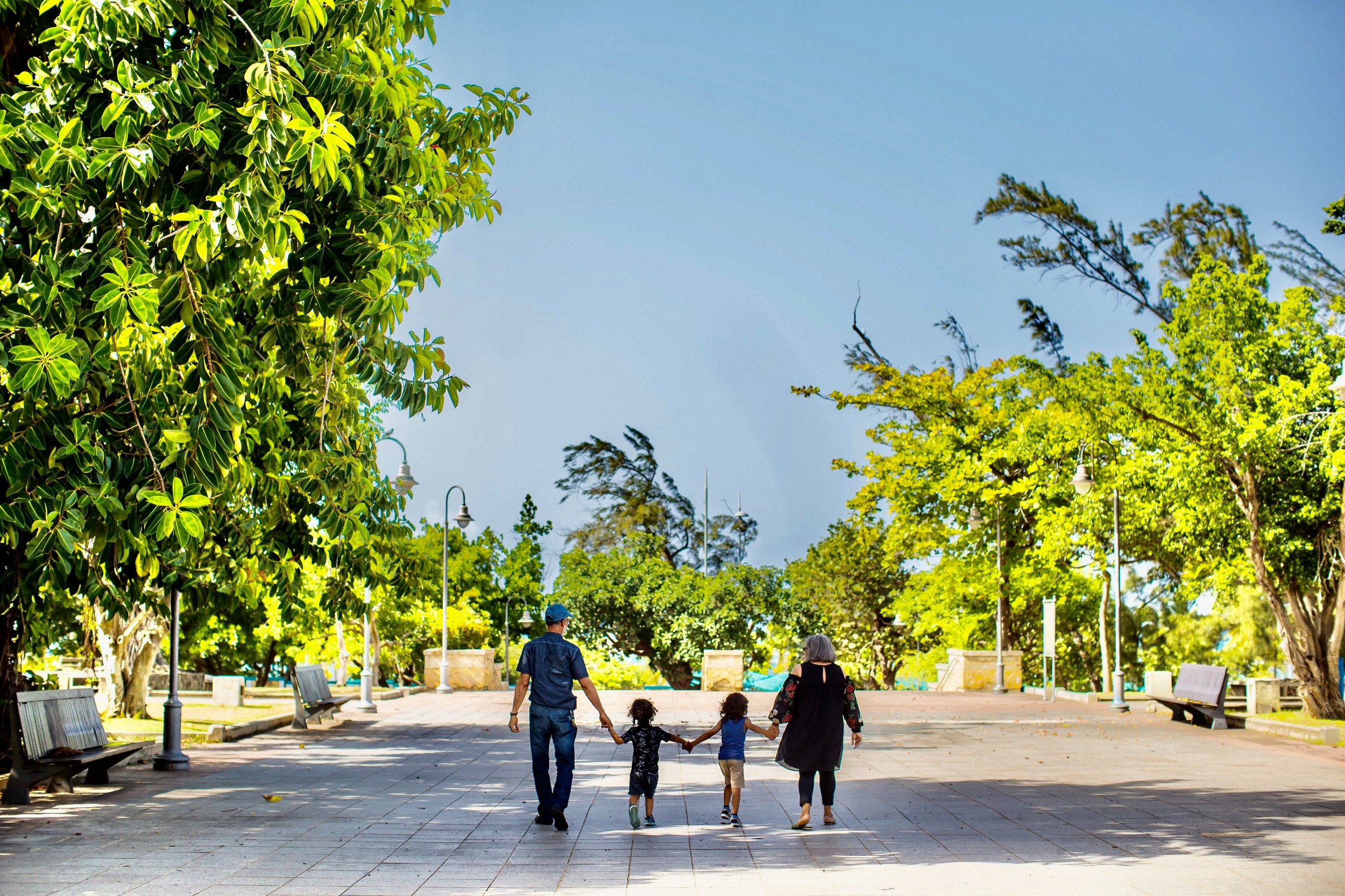
Civil Cafe 2020 legislative preview rehashes minimum wage, homelessness
While it is terrific that state legislators acknowledge that the cost of living is out of reach for most Hawaiʻi residents, it is also clear that the proposed $13 an hour is not a “livable wage.”

Name in the news: Daniela Spoto, Hawaiʻi Appleseed’s anti-hunger director
In a just-released report, the nonprofit’s assessment of the problem is illustrated with three pillars: access to resources, health and nutrition, and community resilience.

Advocates rally at the Capitol to demand higher minimum wage
Signs read, “Don’t make me leave Hawaiʻi,” echoing the frustration from advocates for raising the minimum.

Hawaiʻi’s economy will benefit from a higher minimum wage
Opponents can only make disingenuous arguments that rely on irrelevant information.

Hawaiʻi low-income earners could lose aid under proposed federal SNAP rule change
The rule would prevent Hawaiʻi—with its high cost of living—from waiving federal income and asset requirements to qualify for SNAP.

PHOCUSED joins forces with Hawaiʻi Appleseed Center
Together, the organizations will jointly pursue policy changes that benefit Hawai‘i’s most vulnerable populations.

Report questions Hawaiʻi’s low enrollment rate in after school supper program
Tens of thousands of low-income kids in Hawaiʻi are eligible for free after-school suppers, but only 259 students were signed up to get the meals last year.
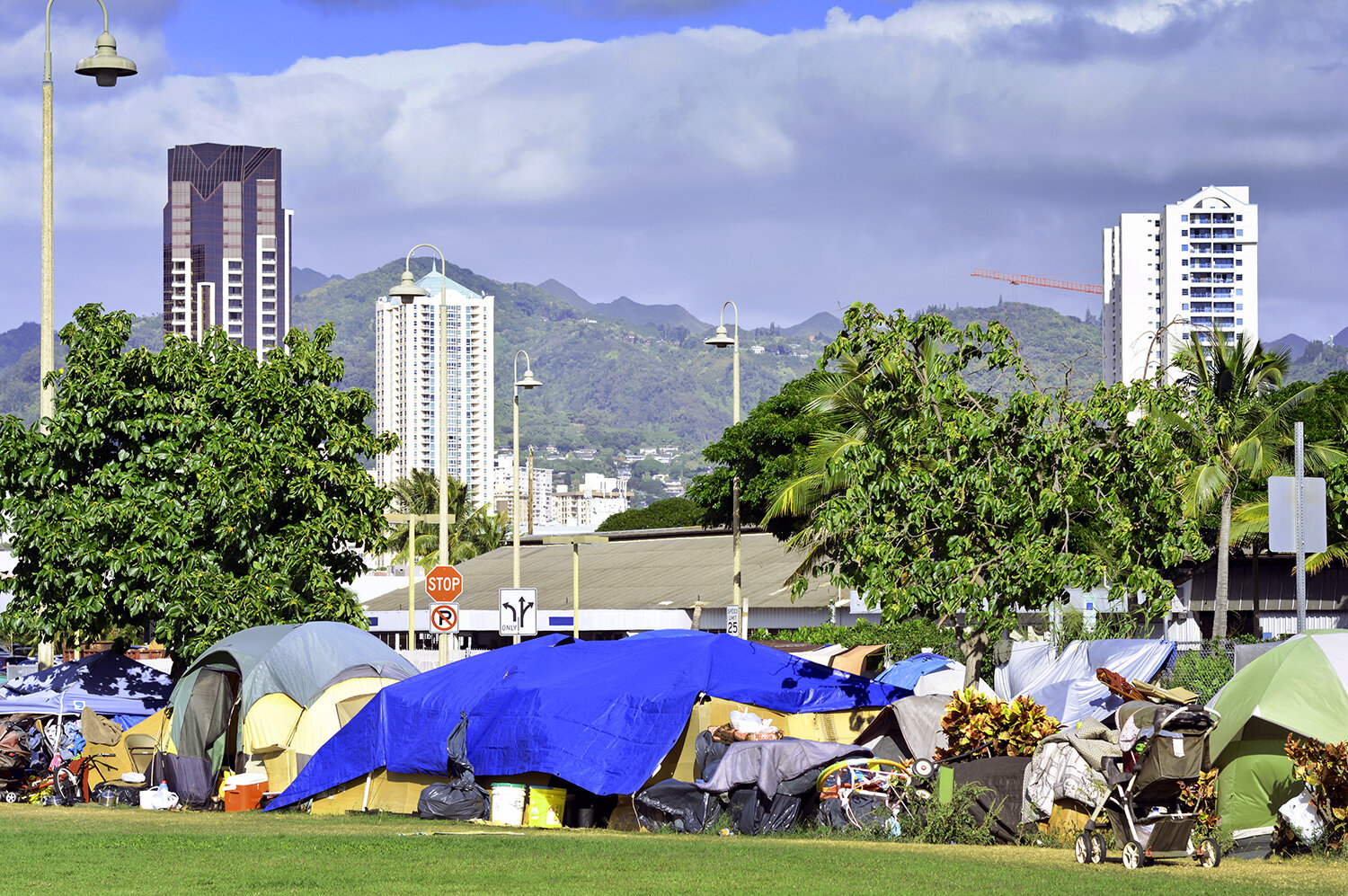
Hawaiʻi has one of the lowest poverty rates in the U.S.—until you factor in the cost of living
The Census Bureau's supplemental poverty report, which considers additional factors in like the cost of living, places Hawaiʻi at the 13th highest poverty rate in the nation.

High costs make Hawaiʻi’s poverty rate higher than U.S. average
New census data shows that the poverty rate is down from last year but that Hawaiʻi residents still struggle with the high costs of housing and other necessities.

Hawaiʻi Appleseed Center founder-exec director to retire
Hawaiʻi Appleseed announces the retirement of Victor Geminiani, its co-founder and longtime executive director, after a 50-year public interest law career.

Champion of legal aid to Hawaiʻi’s poor announces retirement
After a 50-year career in public interest law and advocacy, Hawaiʻi Appleseed co-director Victor Geminiani announced on Wednesday that he will retire Aug. 31.

Hitting the road to stem summer hunger
On the Waiʻanae coast, the state DOE deploys a food truck to distribute free, freshly packaged meals to kids in need.

Hawaiʻi has highest gap between wages, rent required for a 2-bedroom
Hawaiʻi is not only the most expensive state for renters to live in, but also has the greatest gap between average earnings and average fair-market rent.
